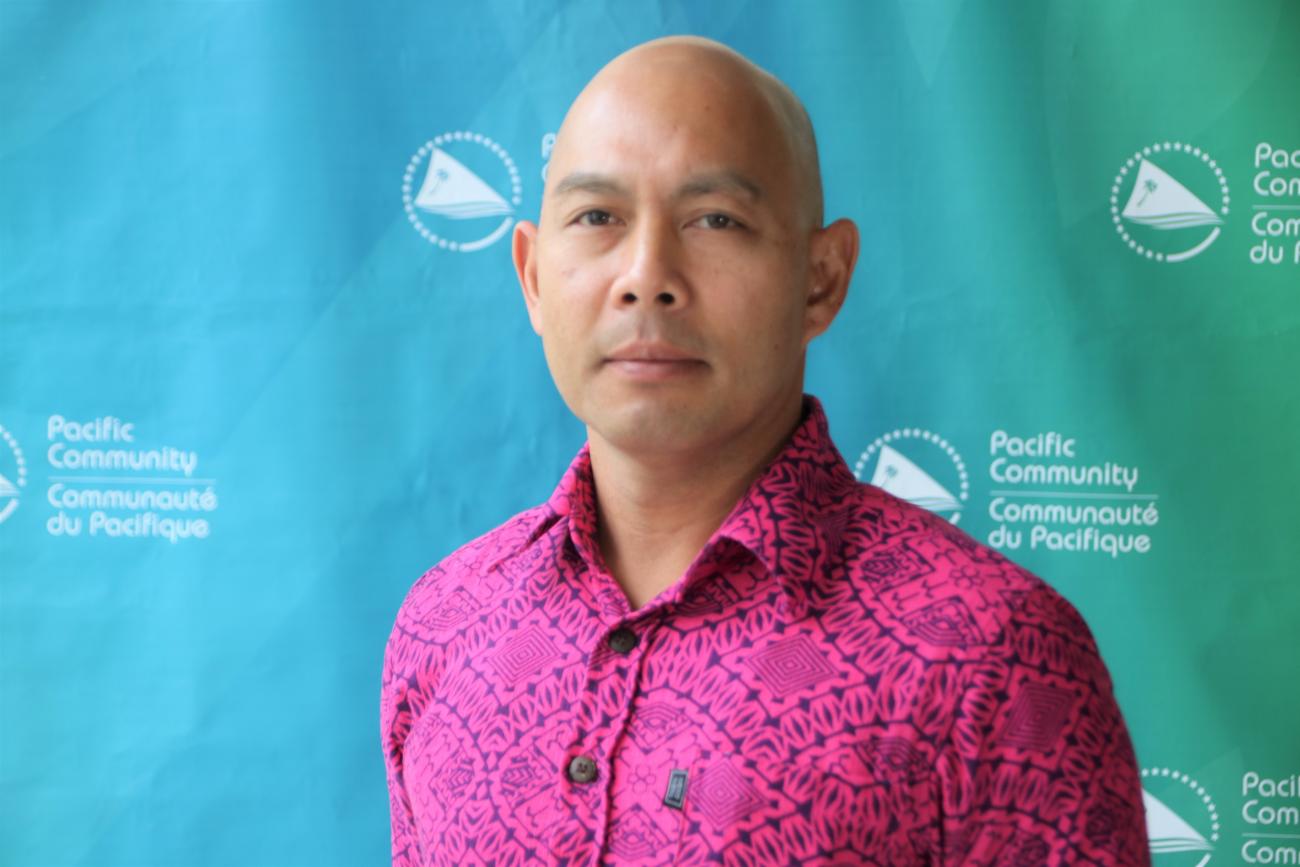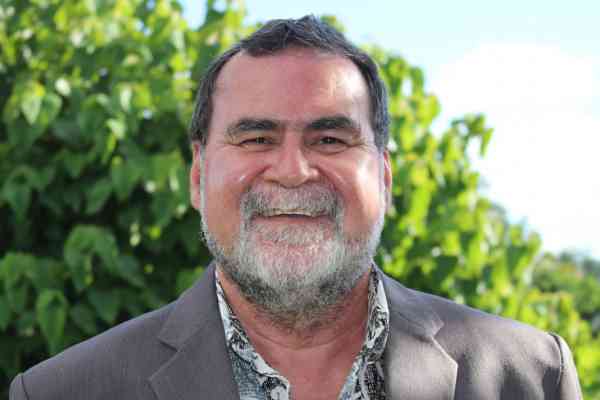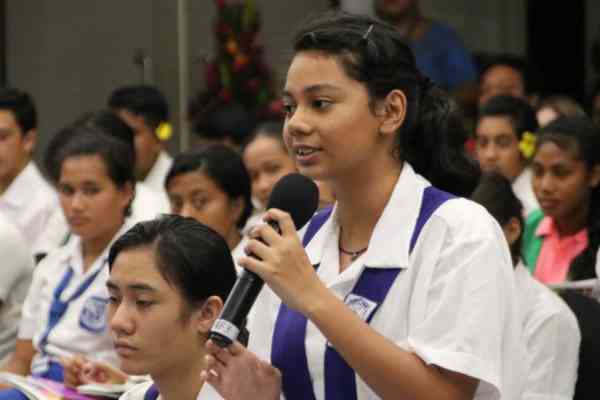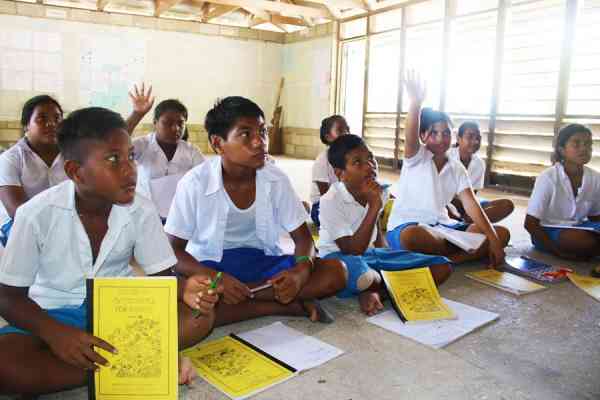In March 2020, the United Nations Committee on the Rights of the Child held its 84th session in Apia, Samoa. This Extraordinary Outreach session was an historic occasion for the UN human rights treaty system – the first time any of the nine UN human rights treaty bodies have held a formal session outside of Geneva or New York. But more importantly, the 84th session saw the Committee directly interact with over a hundred children – perhaps the most it has ever engaged with in its history.
The Regional Rights Resource Team (RRRT) of The Pacific Community (SPC) played a key role in bringing the Committee to Samoa. We were fortunate to work closely with Justice Clarence Vui Nelson of Samoa, a member of the Committee and the only Pacific Islander to ever sit on any of the UN human rights treaty bodies. The session in Samoa was, for him, a dream come true. There was also great cooperation with UN agencies, the Government of Samoa, and our donors – the United Kingdom, Australia, New Zealand and Sweden – all of which recognised the value of holding the session outside of Geneva.
The Committee on the Rights of the Child has an important mandate – it comprises independent experts from across the world who monitor the implementation of the Convention on the Rights of the Child (CRC) and its optional protocols. While the Committee considers and makes recommendations on critical issues for children, there are not many opportunities for it to engage directly with children. The costs and time involved in having children from around the world travel to Geneva can be prohibitive. But, given the Committee’s mandate and Article 12 of the CRC, which provides that children have the right to express an opinion on decisions affecting them, and for their opinions to be taken into account, the idea of bringing the Committee to the children appeared to be an ideal solution.
The choice of the Pacific was no coincidence. Our region is most adversely affected by its remoteness from Geneva – since 2016, for example, six of the seven reviews of states parties from the region were conducted via video-link, with limited participation of civil society and no children involved.
When the 84th session opened in Samoa, the benefit of being in the country was immediately obvious. Members were able talk with hundreds of children from Samoa and other Pacific Island Countries. Holding the session in their ‘back yard’ enabled children from the region to attend the session and discuss with the Committee, the range of issues of importance to them. The children spoke honestly, freely and passionately about issues concerning them at home, at school and at their communities, offering insights and reflections which could not have been adequately captured in reports, research papers or via video-links. They discussed issues specific to the Pacific context as well around the world, such as the effects of climate change and natural disasters on children, corporal punishment and physical violence, access to education, sexual abuse and sexual and reproductive health. Clearly inspired by their participation and confident in expressing their views, many called for a more inclusive framework which better facilitates children’s participation and dialogue in the work of the Committee.
The children also clearly understood the need for reciprocity when it comes to rights – during one of the side events facilitated by students, children reminded each other of the need to exercise their rights responsibly, having regard to the rights of others, as well as the need to be respectful of all views, demonstrating the kind of leadership which should make the Pacific confident about its collective future.
During the country reviews of Cook Islands, the Federated States of Micronesia, and Tuvalu, I spoke with Mr Orest Nowosad, Chief of the UN section which is the secretariat to the Committee. He told me, with the widest of smiles, that this was by far the most number of children he has seen the Committee interact with in the course of its sessions.
In addition, representatives of civil society organisations from at least nine Pacific Island Countries attended the session in Samoa, including from countries which were not under review by the Committee. Again, the close proximity to Samoa enabled this significant Pacific civil society presence. CSO representatives indicated that their presence gave them valuable insights into the important role they can play in informing the work of the Committee and how to use the Committee’s concluding observations to further child rights and the status of children in their respective countries. Armed with this information, many of them have now developed action plans for engaging with the CRC, the UN Universal Period Review and other UN human rights treaty mechanisms.
The Committee Chair, Luis Pedernera Reyna, was clearly impressed with the success of the week, highlighting the “unprecedented level of participation by government officials, civil society and children from the region”, and noting how much the Committee “learned about the unique context and rich culture of the Pacific region, and engaged with passionate child human rights defenders, including children with disabilities, in ways that would never have been possible from our meeting room in Geneva.”
So is the 84th session a sign of things to come for the UN human rights treaty system or will it be a one-off?
While the Samoa event was the first of its kind for the UN human rights treaty system, the idea is not new. For many years now, Professor Christof Heyns of the University of Pretoria and others have been calling for treaty bodies to combine their work in Geneva with meetings away from their home base, in particular in the South. Their argument is that undertaking treaty body work in the regions may help to enhance broader ownership of the system and increase its visibility and its impact where the beneficiaries of the system live – see recent blog post by Professor Heyns and Willem Gravett, here.
More recently, the chairs of the nine UN human rights treaty bodies at their annual meeting of June 2019, agreed that there are considerable benefits in holding its reviews of states at a regional level, and that this option should be offered on a pilot basis, with a view to permanent implementation. SPC RRRT relied on the arguments of Professor Heyns (and others) and the June 2019 statement of the chairs, in its advocacy for the 84th session to be held in Samoa.
Now that a regional session has been held, there is an opportunity make this a permanent fixture of the UN human rights treaty system. SPC RRRT certainly considers the 84th session to have been a success and would support a move in this direction. To help the UN take a decision on future regional sittings, we are preparing a report on the Samoan event which will include a cost-benefit analysis.
But for us, the priority now is to utilise the interest in human rights and especially children’s rights generated by the Samoan event towards strengthening a culture of human rights in the Pacific, consistent with our mandate as the human rights division of The Pacific Community. Would we happily and enthusiastically collaborate with the UN and others to hold a similar treaty body session in the Pacific? The answer to that is a resounding ‘yes’!
Useful Videos:
Rebecca Hosking-Ellis, Cook Islands
Victory Tuala Tamalelagi, Brown Girl Woke
Other useful links:
An investment in children’s rights will pay dividends to Pacific communities for generations to come
The Future Pacific Island Children Want
Call for the creation of safe spaces for children in the Pacific
Story of the CRC Committee and its outreach to the Pacific Islands



